- Climate-Energy Summit Seoul 2025
- In the Era of Climate Crisis,Will AI Open a New Worldof Hope or Peril?
- 26 June 2025, 14:00PM-18:00PM (KST, Hybrid)
International Conference Hall (B2F) Korea Chamber of Commerce and Industry
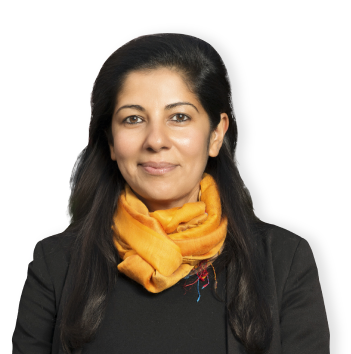
- Keynote Speaker
- Somya Joshi
- Head of Division Global Agendas, Climate & Systems · Chair of AI Taskforce, Stockholm Environment Institute (SEI)
- The double edged sword of AI: How can it be leveraged for Climate?
The rapid development of AI is reshaping climate action, offering both transformative opportunities and complex risks. AI enhances climate forecasting, energy efficiency, and environmental monitoring, yet it also raises concerns over mis/disinformation, high energy consumption, and governance challenges.
According to the World Economic Forum’s Global Risks Report 2025, Mis/disinformation ranks as the most critical short-term risk(1st) And remains a major long-term threat(5th). As AI becomes more embedded in climate science and policy, ensuring reliable information and responsible AI use is crucial.
Under the theme "In the Era of Climate Crisis, Will AI Open a New World of Hope or Peril?", CESS 2025 explores three key themes: ① AI and Climate Mis/Disinformation: Investigating how AI can both spread and combat false climate narratives, raising concerns about the integrity of climate science and policy discussions. ② AI as a Climate Solution: Exploring AI’s potential to enhance energy efficiency, support climate change mitigation, and contribute positively to sustainability efforts. ③ AI, Digitalization, and Infrastructure Resilience: Examining the increasing dependence on digital infrastructure driven by AI and global digitalization, alongside the growing need for resilient and sustainable systems in the face of intensifying climate risks.
-
- Name of Event
- Climate-Energy Summit Seoul 2025 (CESS 2025)
-
- Topic
- In the Era of Climate Crisis, Will AI Open a New World of Hope or Peril?
-
- Date
- 26 June 2025, 14:00PM-18:00PM (KST, Hybrid)
-
- Venue
- International Conference Hall (B2F) Korea Chamber of Commerce and Industry(39, Sejong-daero, Jung-gu, Seoul, South Korea)
-
- Hosted by
- CESS (Climate-Energy Summit Seoul) Conference Committee
-
- Organized by
- eToday and Climate Change Center
-
- Supported by
- Ministry of Strategy and Finance, Ministry of Science and ICT, Ministry of Foreign Affairs, Ministry of Trade, Industry and Energy, Ministry of Environment, Ministry of Land, Infrastructure and Transport, Ministry of SMEs and Startups, Seoul Metropolitan Government, Korea Meteorological Administration
-
- Contact us
- eToday +82 2 799 2698 / Clmate Change Center(CCC) +82 2 2088 8023
Speakers
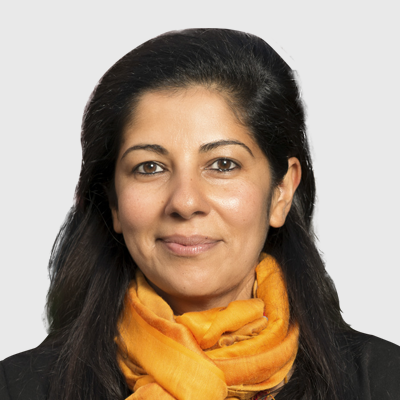
-
- Keynote
- Somya Joshi
- Head of Division Global Agendas, Climate & Systems · Chair of AI Taskforce, Stockholm Environment Institute (SEI)
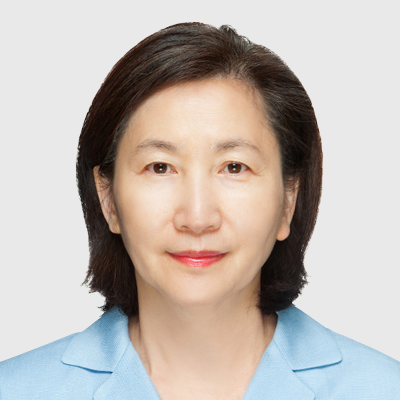
-
- Session 1 / Moderator
- SookJong Lee
- Distinguished Professor, Department of Public Administration & Graduate School of Governance, Sungkyunkwan University
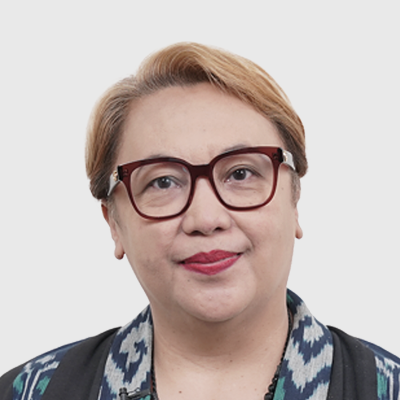
-
- Session 1 / Panelist
- Novi Kurnia
- Associate Professor, Department of Communication Science, Universitas Gadjah Mada (UGM)
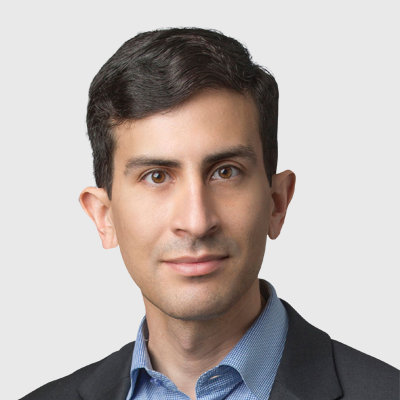
-
- Session 1 / Panelist
- Daniel Castro
- Vice President, Information Technology and Innovation Foundation (ITIF)
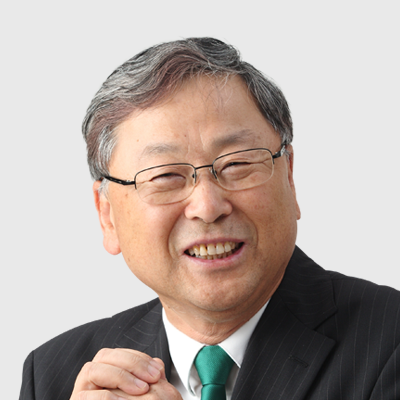
-
- Session 2 / Moderator
- JinHyung Kim
- Professor Emeritus, Department of Computer Science, KAIST
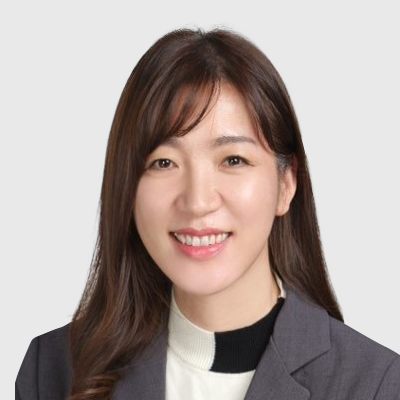
-
- Session 2 / Panelist
- Minjung Jin
- Principal Researcher, Media Research Center, Korea Press Foundation
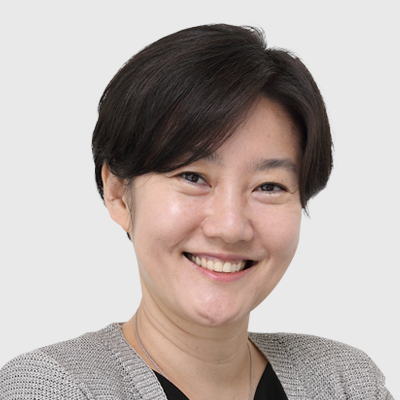
-
- Session 2 / Panelist
- YongNyuo Shin
- National Tech Officer (NTO), Public Center, Microsoft Korea
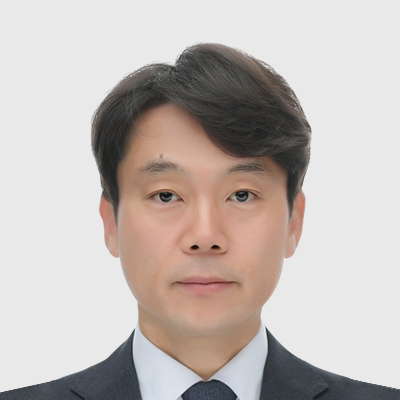
-
- Session 2 / Panelist
- Jaegul Lee
- Team Leader, Power System Analysis Team, Korea Electric Power Corporation Research Institute
Program
- Time
- Content
- 13:30 ~ 14:00
-
RegistrationVIP Networking Reception
- 14:00 ~ 14:30
-
OpeningGreetingsJeong-Woo Kil Chairman, the CESS Organizing CommitteeWelcome RemarksJai-chul Choi Chairman, Climate Change CenterCongratulatory RemarksSe-Hoon Oh Mayor, Seoul Metropolitan GovernmentPhotoGroup Photo
- 14:30 ~ 14:50
-
The double edged sword of AI: How can it be leveraged for Climate?Keynote SpeechSomya Joshi Head of Division Global Agendas, Climate & Systems · Chair of AI Taskforce, Stockholm Environment Institute (SEI)
- 14:50 ~ 16:00
-
[AI and Mis·Disinformation] Mis·Disinformation related to Climate Change in the AI Era: Threats of Digital Spread and Policy Directions[Moderator] SookJong Lee Distinguished Professor, Department of Public Administration & Graduate School of Governance, Sungkyunkwan UniversityCountering Climate Change Mis/disinformation: Platform, AI, & Literacy in the Global South PerspectiveNovi Kurnia Associate Professor, Department of Communication Science, Universitas Gadjah Mada (UGM)Addressing Concerns Over AI’s Energy Consumption: Responsible AI Use and Policy Support MeasuresDaniel Castro Vice President, Information Technology and Innovation Foundation (ITIF)
- 16:00 ~ 16:10
- Coffee Break
- 16:10 ~ 17:50
-
[AI and Energy] AI Industry's Climate Cooperation and Leadership: Climate-Energy Solutions Through Technological Innovation[Moderator] JinHyung Kim Professor Emeritus, Department of Computer Science, KAISTThe Role of Journalism and the Importance of Fact-Checking in the Climate Crisis EraMinjung Jin Principal Researcher, Media Research Center, Korea Press FoundationMicrosoft’s Sustainability Strategy for 2030YongNyuo Shin National Tech Officer (NTO), Public Center, Microsoft KoreaAI and Power Infrastructure Strategies for Climate Crisis and Disaster ResponseJaegul Lee Team Leader, Power System Analysis Team, Korea Electric Power Corporation Research Institute
- 17:50 ~ 18:00
- Closing
* Simultaneous interpretation will be provided for this event.